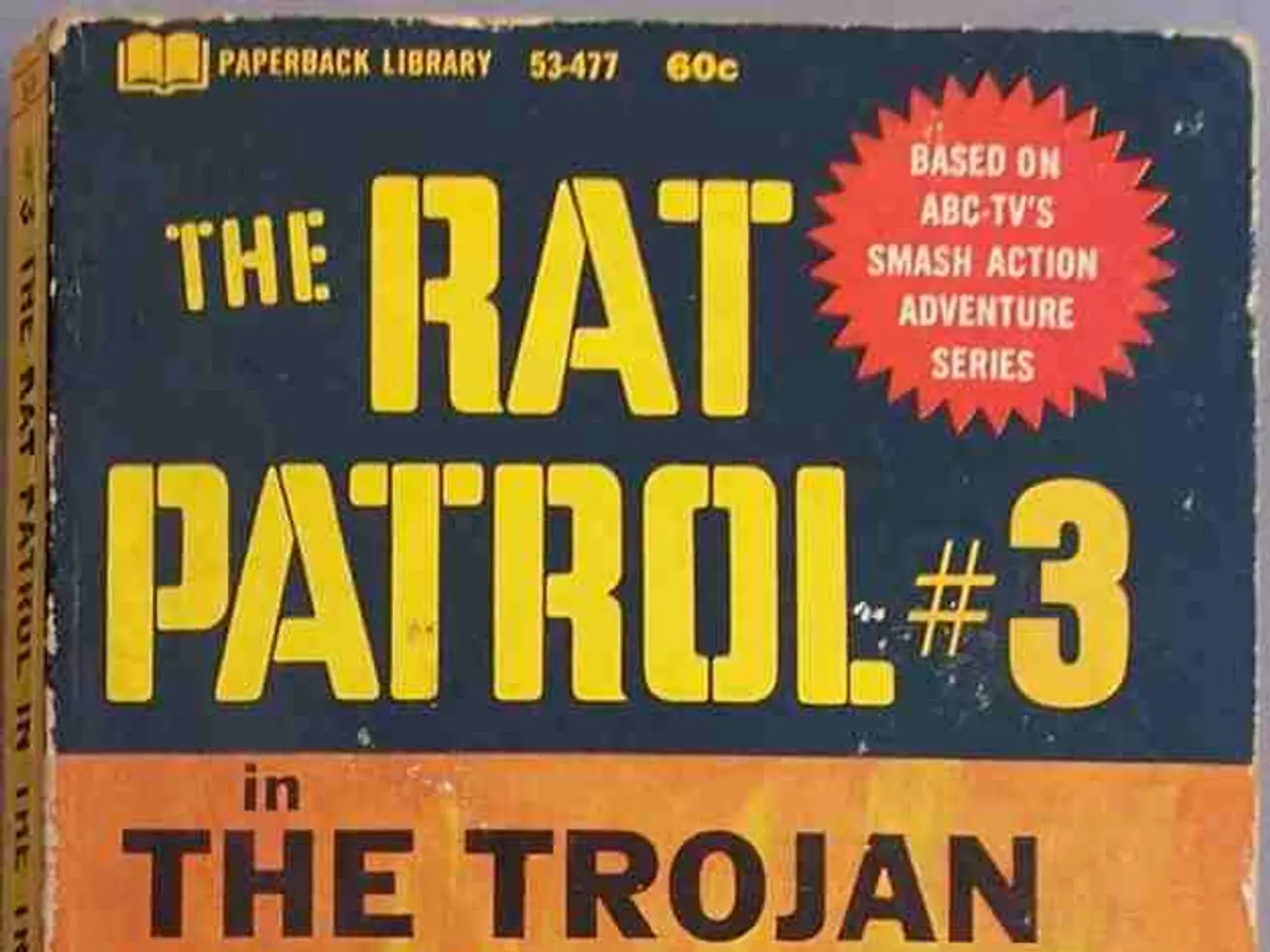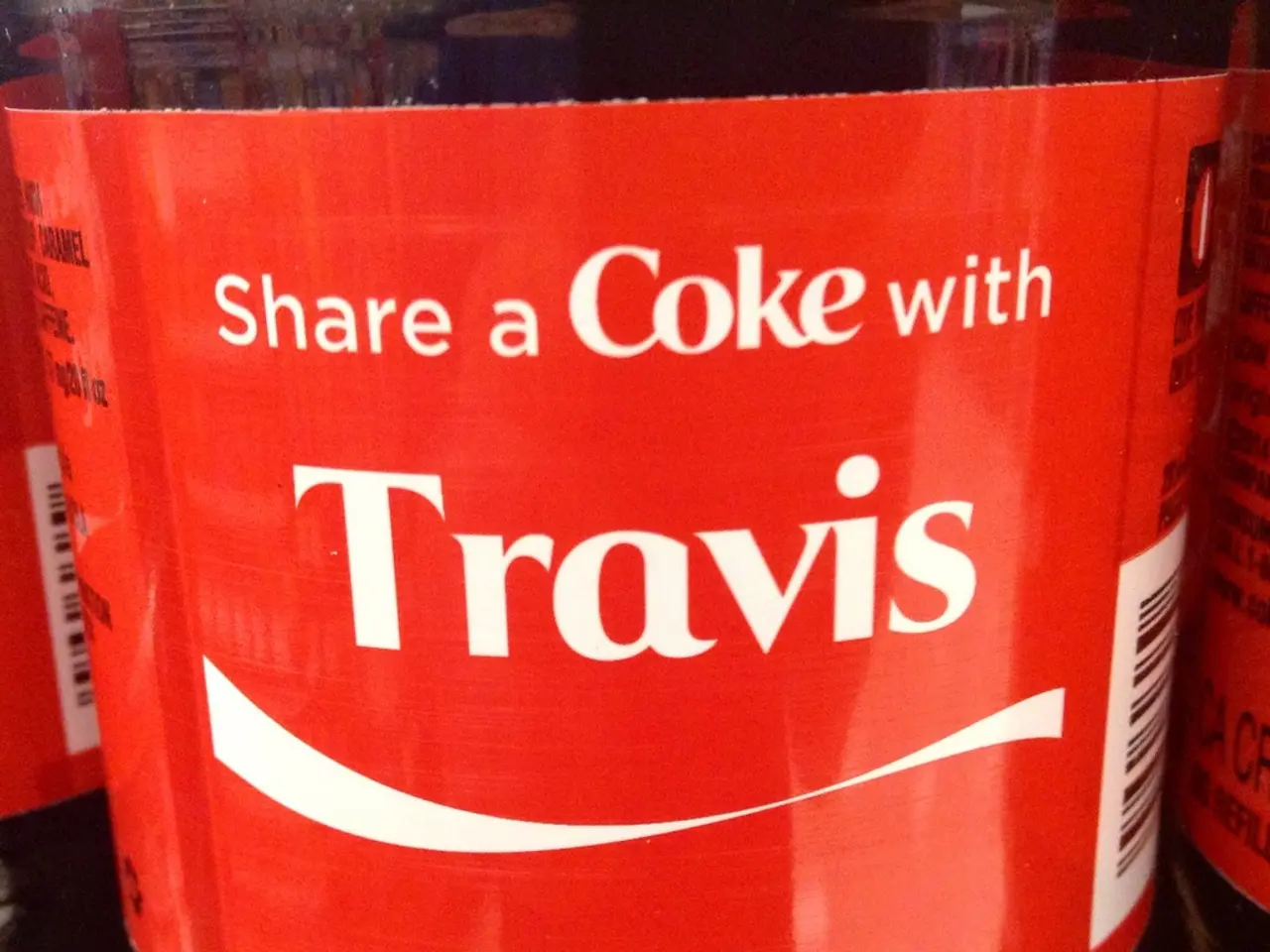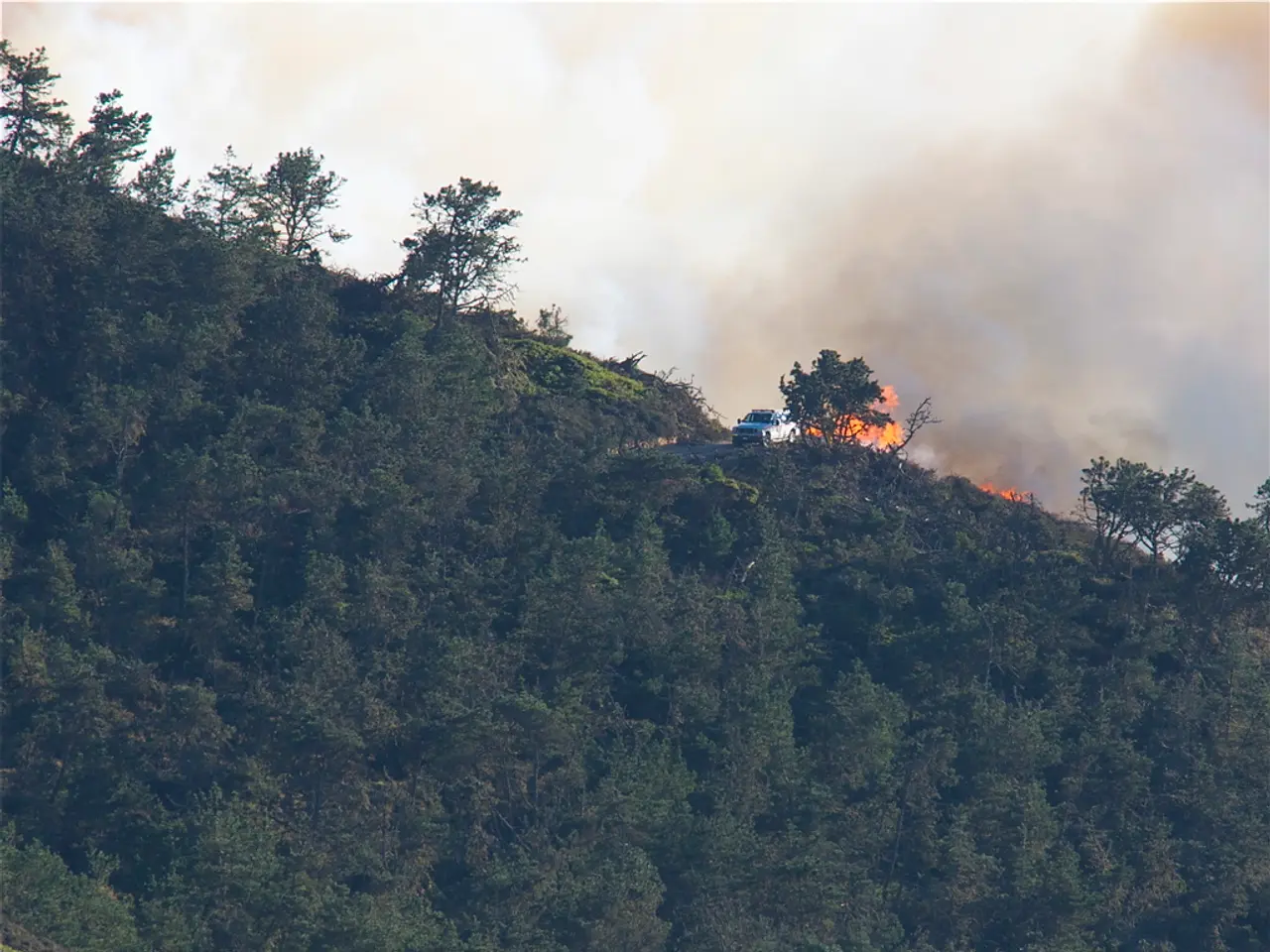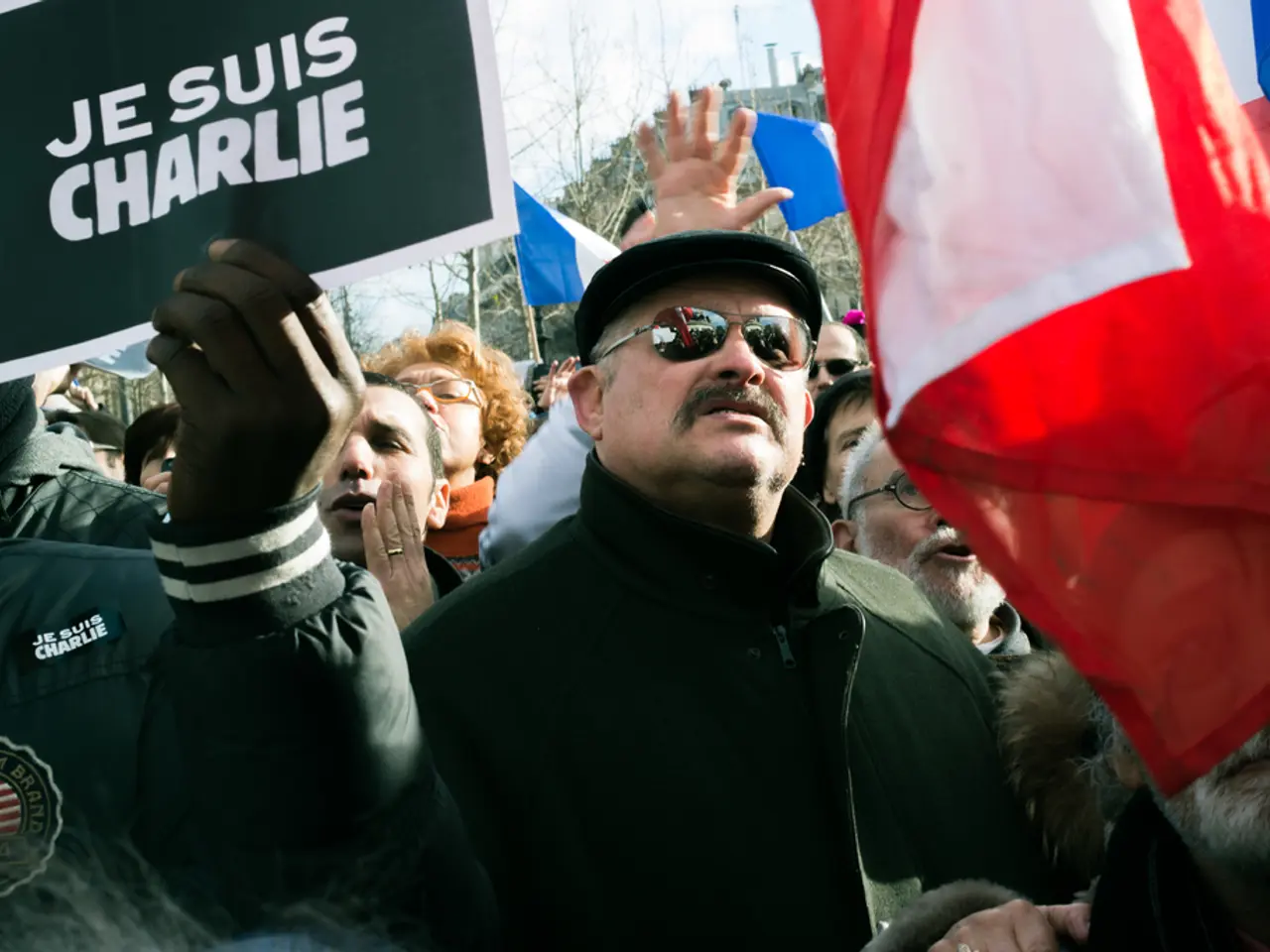"Sheinbaum downplays the threat of an imminent military operation: Trump instructs military to focus on cartel neutralization"
In a bold move, U.S. President Donald Trump has signed an executive order that classifies certain drug cartels as foreign terrorist organizations [1][2][3][4]. This decision authorises the Pentagon to prepare military options, including potential use of force, primarily against cartels operating in Latin America.
The executive order explicitly names groups such as Mexico’s Sinaloa Cartel and Venezuela’s Tren de Aragua [3][4]. However, it's important to note that this does not mean the U.S. military will cross the border into Mexico. In fact, the order does not authorise unilateral U.S. military operations inside Mexico without consent [3][4].
The order directs coordinated action among several U.S. departments, including Defense, Justice, Homeland Security, and Treasury, to dismantle cartel operations [2]. This includes the potential deployment of drones and spy planes for surveillance, as well as the stationing of two warships to patrol the coasts of Mexico, which is unprecedented in U.S. border security operations [1].
Mexican officials have publicly rejected any U.S. military presence or intervention on their soil, emphasising cooperation rather than invasion [3][4]. President Claudia Sheinbaum of Mexico was informed about the executive order and has stated that the U.S. is not going to send its military into Mexico [5].
Civil rights groups have expressed concerns about the designation of suspected cartel and gang members, as well as their relatives, as terrorists. They argue that this could lead to a significant expansion of the watch list, potentially subjecting people to surveillance on airplanes, travel restrictions, and secondary screenings at airports and other ports of entry into the United States [6].
The FBI is also looking to add drug cartel suspects to its terror watch list [7]. The Times reported that the U.S. Defense Department declined to comment on the directive, while the FBI has asked local police to submit the names of people believed to be linked to the eight criminal groups designated as terrorist organisations in February [8].
U.S. Secretary of State Marco Rubio stated that the designations allow for the targeting of cartels using various elements of American power [9]. This executive order represents a significant escalation in the U.S.'s war on drugs, highlighting the government's commitment to combating transnational criminal organisations.
[1] The Times: U.S. Deploys Warships to Patrol Mexico's Coast [2] Reuters: FBI Asks Police to Submit Names for Drug Cartel Watch List [3] The Times: Trump Signs Directive to Use Military Force Against Certain Drug Cartels [4] CNN: U.S. Designates Six Mexican Drug Trafficking Groups as Terrorist Organizations [5] The Guardian: Mexico Rejects US Military Presence on Its Soil [6] The Washington Post: Civil Rights Groups Warn Against Designating Cartel Members as Terrorists [7] The FBI: Terrorist Watch List [8] The Times: U.S. Defense Department Declines to Comment on Directive for Military Action Against Drug Cartels [9] Fox News: Rubio: Designating Cartels as Terrorist Organisations Allows for Various Elements of American Power to be Used Against Them
- The U.S. President Donald Trump's executive order, targeting drug cartels, includes policy-and-legislation changes that aim to combat transnational criminal organizations, such as war-and-conflicts, embedded within the war on drugs.
- The order authorizes the Defense, Justice, Homeland Security, and Treasury departments to coordinate action against the drug cartels, potentially deploying drones, spy planes, and warships for surveillance and patrol along Mexico's coasts.
- Despite the order, Mexican officials strongly oppose any U.S. military presence or intervention on their soil and emphasize cooperation instead.
- In contrast, the FBI seeks to add suspected drug cartel members to the terror watch list, raising concerns among civil rights groups about the impact on future travel and surveillance rights.






